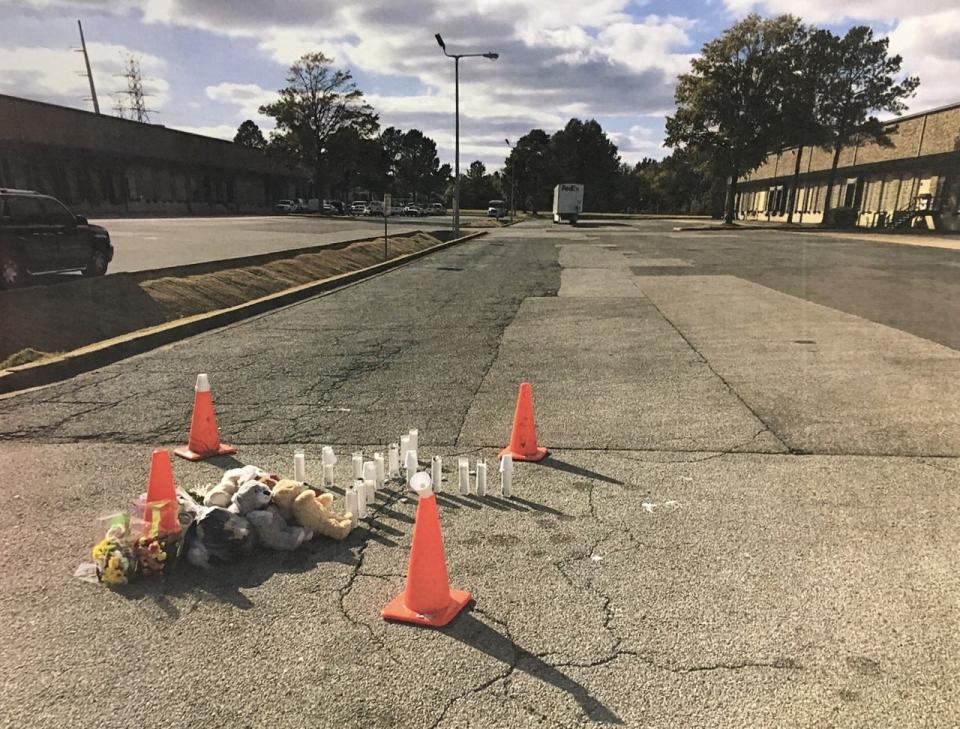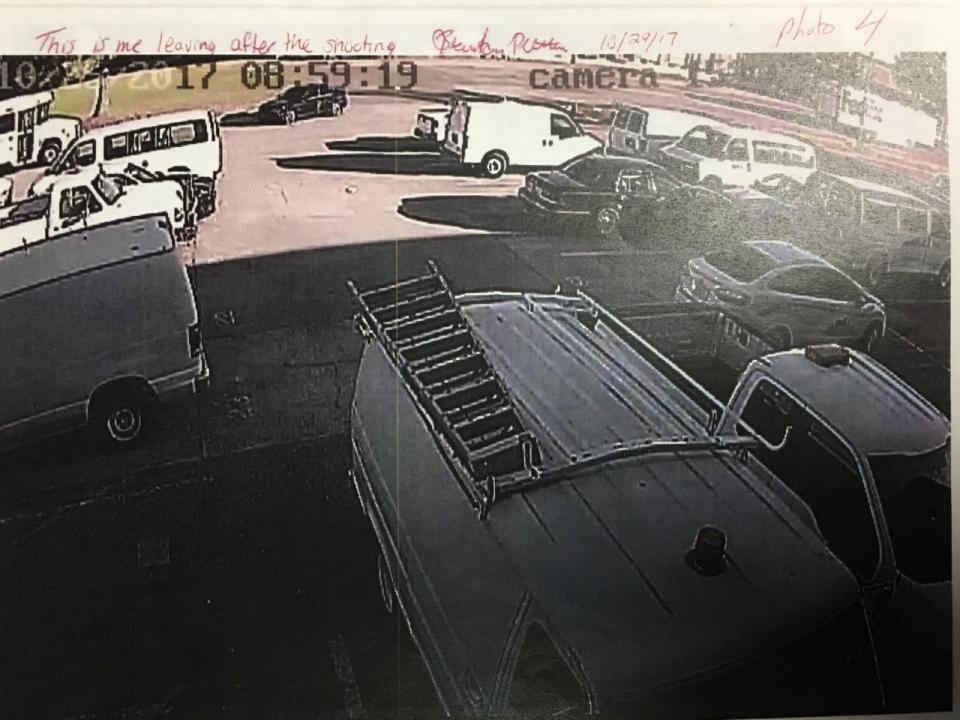The Commercial Appeal wins two awards in 11-state journalism contest
The Commercial Appeal and the USA Today Network South Digital Optimization Team won two awards in The Green Eyeshade contest, an 11-state journalism competition that honors the best work in the southeast.
The two awards honored "Memphis False Confession," an in-depth feature published last year.
A contest judge commented on the work: "Daniel Connolly's 'Memphis False Confession,' a narrative nonfiction account of how the Memphis Police Department railroaded a vulnerable man to confess to murder — and likely let the real killer get away — captures the story with meticulous, dramatic detail."

The article raised questions about the MPD's interrogation tactics. The police agency did not comment on the article and did not raise any objections after publication.
Read the original work: Memphis False Confession: A strange story of a murder, an interrogation and a sex scandal
The feature story won first place for Courts & the Law Reporting among daily publications in an 11-state region: Alabama, Arkansas, Florida, Georgia, Kentucky, Louisiana, Mississippi, North Carolina, South Carolina, Tennessee, and West Virginia.
In the Courts & the Law category, The Commercial Appeal was in head-to-head competition with larger publications in other cities.

The article also won second place for feature writing among small dailies. The first-place prize in this category went to one of The Commercial Appeal's sister publications in Florida, the Tallahassee Democrat, for its feature "Life and Death in the COVID ward."
"Memphis False Confession" was based on an interview with the man who made the false confession, Tarance Coleman Jr., interviews with the defendant's attorney Coleman Garrett, as well as interviews with the defendant's family members and a review of court records.

The Commercial Appeal was also granted exclusive access to previously secret investigation documents, including crime-scene photos, surveillance images, and forensic reports.
Contributors to the winning entry were Connolly, an investigative reporter, as well as photographers Joe Rondone and Ariel Cobbert, designer Ana Hurler and editor Jess Rollins. The feature article was originally published in August.

The Green Eyeshade awards are administered by the Society of Professional Journalists. The phrase "green eyeshade" refers to the green visors that workers in fields such as accounting and editing historically wore in an effort to reduce eyestrain.
Among the other works winning honors in the multi-state contest was "Poisoned," by the Tampa Bay Times, an investigation of toxic hazards inside a battery recycling plant in Florida. The investigation also won a Pulitzer Prize.
Another project winning high honors was "The Badge and the Cross" by The Associated Press, which described how an FBI informant in Florida infiltrated the KKK and stopped a murder plot by prison guards.
This article originally appeared on Memphis Commercial Appeal: The Commercial Appeal wins two honors in the SPJ Green Eyeshade awards

